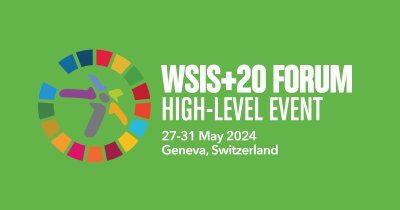
Governments of the world promised to build “a people-centred, inclusive and development-oriented Information Society,” during the UN-sponsored World Summit on the Information Society (2003-2005). Almost ten years have gone by and people-centred development has not been at the forefront of information society policy – policies that shape how and where people access the internet; what content they can download or create; how much they pay to access it, and how much freedom they have to express their needs and demand social justice on the internet. Instead, two other concerns seem to be at the forefront of most internet policy processes: the internet as platform for making profit, and, a platform that governments need to ‘control’ as they fear its ‘misuse’.
During the WISIS process, APC and other civil society organisations mobilised intensively for a communication-rights approach under the banner of the Communications Rights in the Information Society (CRIS)campaign, which directly influenced the outcomes of the summit. Currently, many of those organisations are focusing on specific areas such as privacy, intellectual property, gender, open source, etc. They have to deal with the immediacy of the constant threats to communication rights in their specific area. As such, very little work has been done to reflect on the state of the broader and inclusive communication rights agenda advocated by the CSO network which emerged during the WSIS, building on the work of the CRIS Campaign.
Ten years later of organisations working on communication rights are fragmented and not working together, and the official commitments have remained mostly on paper. Responding to the opportunity presented by the official WSIS+10 review, this project will address these two problems by engaging organisations and individual activists involved in the CRIS campaign and WSIS in doing a collective assessment of the current status of communication rights.
A draft of the report is now available for download (.doc format).
